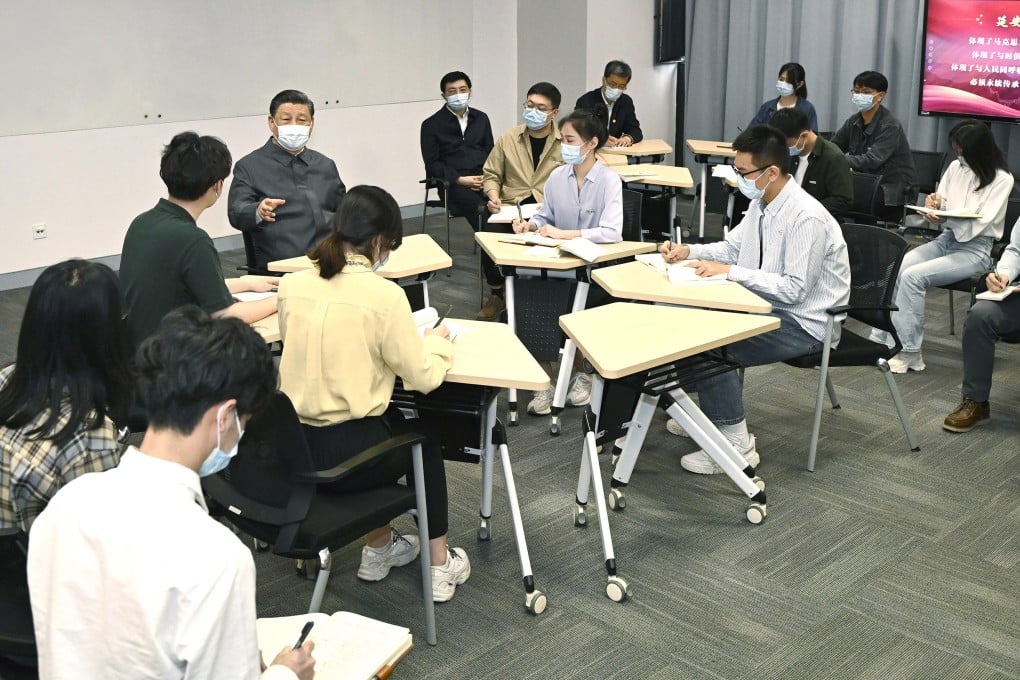Opinion | Why some Chinese universities are opting out of global rankings
- During a visit to Renmin University, President Xi Jinping called for Chinese universities to create an independent knowledge system and safeguard their independence
- In addition, Chinese universities, having already gained global prestige from their rapid rise in the international rankings, may see little gain in settling for a plateau

World-class universities attract investment which can help diversify the economy and ensure future growth. China learned this early on and even charted its own rise by establishing an international university ranking agency, the Academic Ranking of World Universities (AWRU).
Last month, President Xi Jinping visited Renmin University, a leading research institution in Beijing. He suggested China’s universities should not blindly follow foreign models. As Renmin specialises in the humanities and social sciences, Xi emphasised Chinese cultural traditions and called on universities to create an independent knowledge system and safeguard their independence.
A larger trend of universities not participating in international rankings would be part of a strategic move for their long-term future.
China’s universities have already gained global prestige from their rapid rise in the international rankings, and the international academic and business worlds have witnessed their upswing. With little chance of displacing the world’s top 10 universities in the foreign rankings any time soon, there is little to gain by settling for a plateau.

.jpg?itok=GCXvb3ok&v=1653301216)